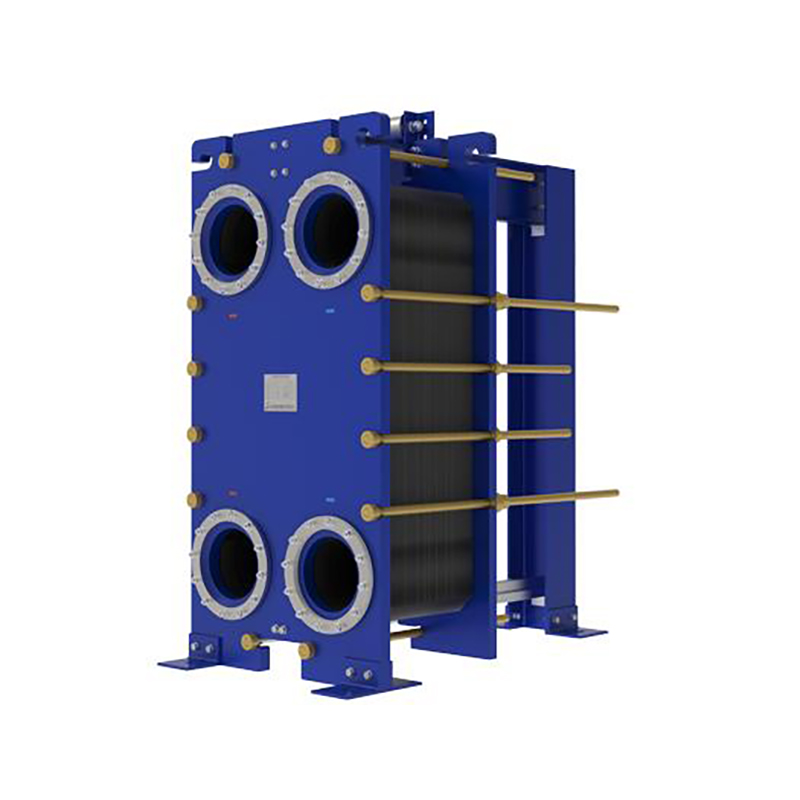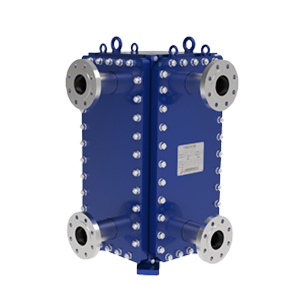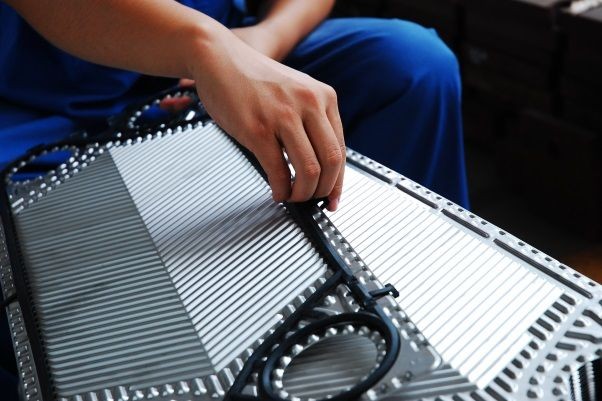5 key roles of plate heat exchanger gaskets.
Plate heat exchanger gaskets perform 5 key roles: ...
More
A gas exchanger is a specialized device designed to transfer heat between two or more gas streams, optimizing thermal efficiency in industrial processes. These systems are critical in applications such as power plants, chemical processing, and HVAC systems, where precise temperature control and energy recovery are essential. Gas exchangers come in various designs, including plate, shell-and-tube, and rotary types, each tailored to specific operational requirements. By leveraging advanced materials and engineering, they ensure minimal energy loss while maximizing performance.
Gas exchangers play a pivotal role in reducing operational costs and environmental impact. For instance, in combined-cycle power plants, they recover waste heat from exhaust gases to improve overall efficiency by up to 60%. In the chemical industry, they facilitate safe and efficient heat transfer between reactive gases, preventing overheating or condensation. Modern gas exchangers incorporate corrosion-resistant materials like stainless steel or titanium, ensuring durability even in harsh environments. Their compact design and modular construction also allow for easy integration into existing systems, making them a versatile solution for diverse industrial needs.
Choosing a gas exchanger offers unparalleled advantages in energy efficiency, cost savings, and environmental sustainability. Industries worldwide rely on these systems to enhance process performance while adhering to stringent regulatory standards. With rising energy costs and increasing focus on carbon footprint reduction, gas exchangers provide a proven solution to optimize resource utilization. Their ability to recover and reuse waste heat translates into significant operational savings, often paying for themselves within a few years.
Data from industry reports highlights the growing adoption of gas exchangers, with the global market projected to reach $22 billion by 2027, driven by demand from oil & gas, power generation, and manufacturing sectors. Leading manufacturers like Alfa Laval and Kelvion report up to 30% energy savings in customer applications. Additionally, advancements in computational fluid dynamics (CFD) have enabled the design of high-efficiency exchangers with minimal pressure drop, further boosting their appeal. Whether for large-scale industrial plants or compact commercial systems, gas exchangers deliver reliable, long-term performance, making them a smart investment for any operation prioritizing efficiency and sustainability.
Select the most popular foreign trade service products to meet your diverse needs
Learn more about the dynamics and professional knowledge of the foreign trade industry

Plate heat exchanger gaskets perform 5 key roles: ...
More
A gasket in heat exchanger seals surfaces, blocks ...
More
You can see clear differences between welded block...
More
API 662 defines standards for plate heat exchanger...
More
Compare top frame plate heat exchanger models for ...
More
Shanghai Heat Transfer stands out with its ISO9001...
MoreSelect the most popular foreign trade service products to meet your diverse needs
Explore more content related to foreign trade services

User Comments
Service Experience Sharing from Real Customers
John Smith
Mechanical EngineerThe gas exchanger is incredibly efficient and has significantly improved our system's performance. Highly recommended!
Emily Johnson
HVAC TechnicianThis gas exchanger is easy to install and works perfectly for our needs. A great addition to our HVAC systems.
Michael Brown
Chemical EngineerThe durability and efficiency of this gas exchanger are outstanding. It has exceeded our expectations in our chemical processing plant.
Sarah Davis
Environmental ScientistThis gas exchanger has helped us reduce emissions effectively. It's a reliable product for environmental applications.